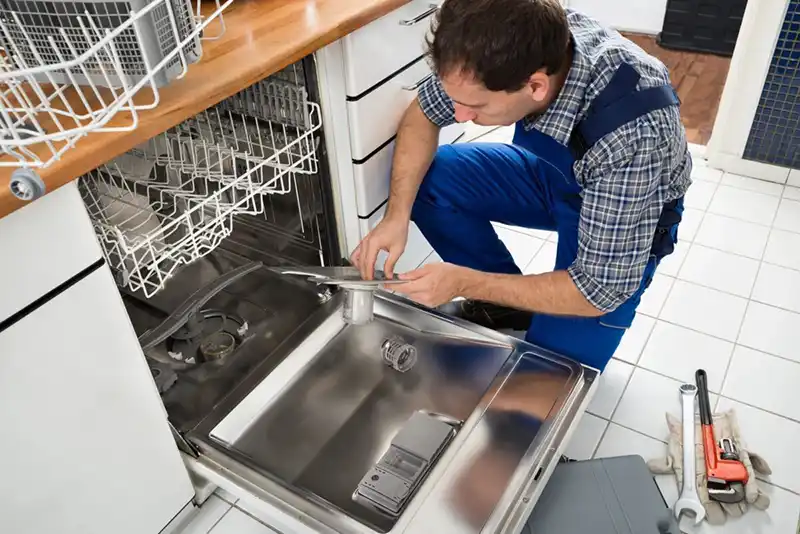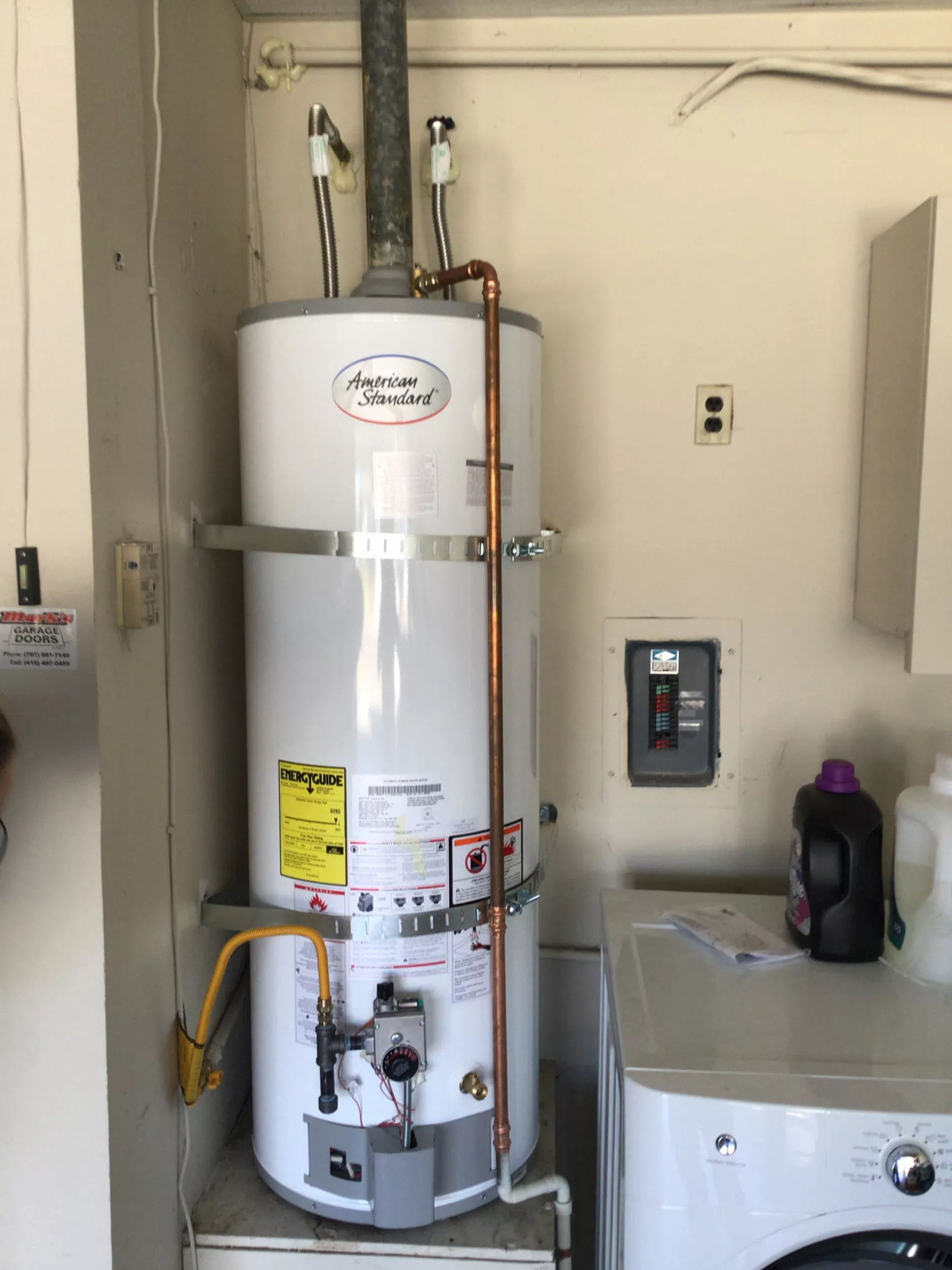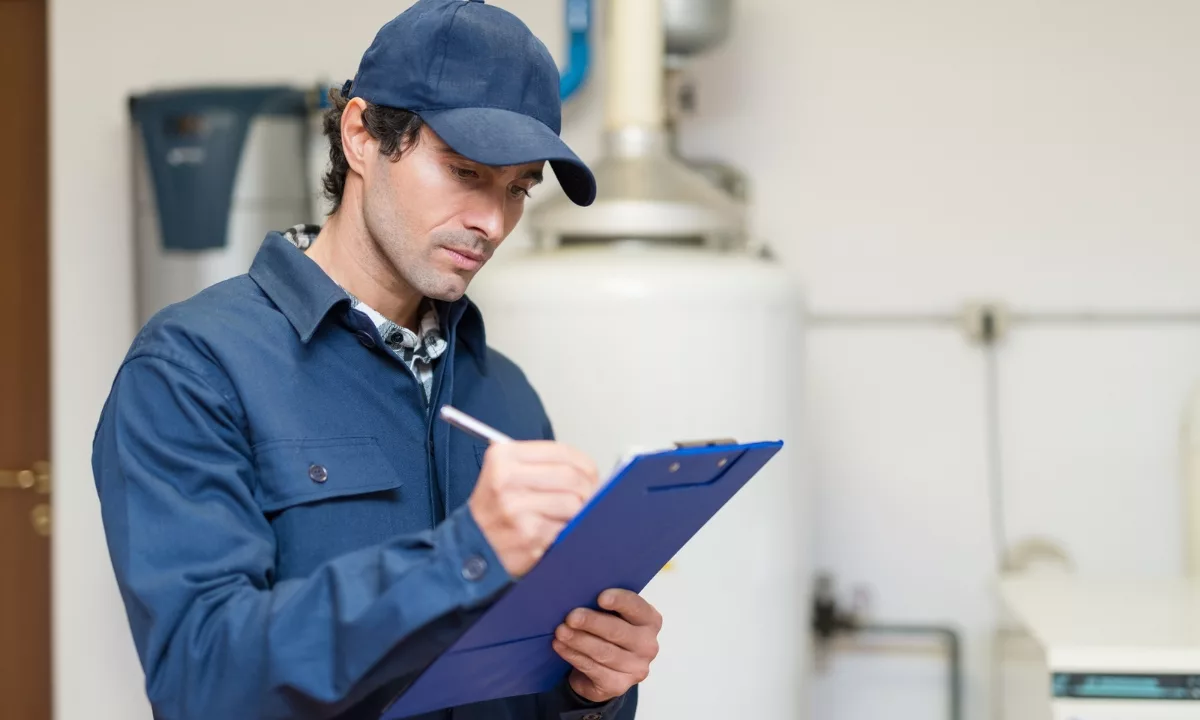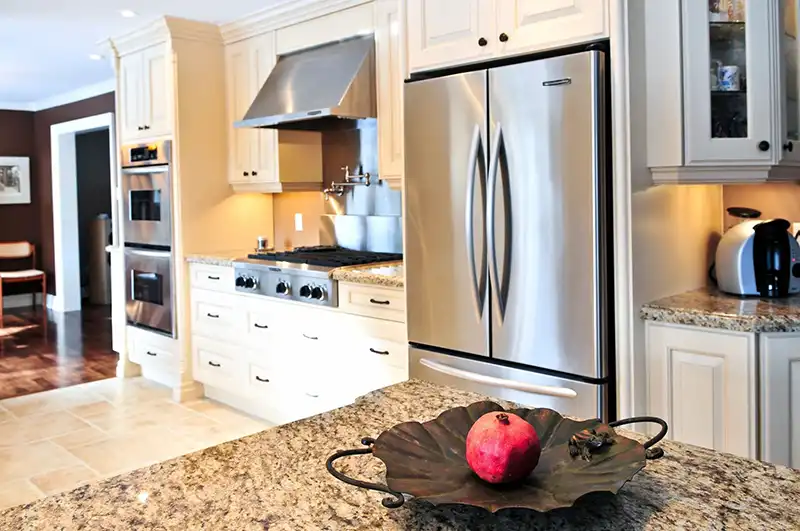Appliances like dishwashers, washing machines, refrigerators with ice makers, and water heaters are essential to daily life—but they all rely on plumbing to function properly. A small leak, loose connection, or clogged hose can quickly escalate into expensive repairs or even water damage. To keep your home running smoothly, it’s important to stay on top of appliance-related plumbing care. Here are some key appliance plumbing tips every homeowner should know.

1. Inspect Hoses and Connections Regularly
One of the simplest and most effective ways to prevent plumbing problems is to routinely check the hoses and water lines connected to your appliances. Look for cracks, bulges, rust, or moisture buildup around the fittings. Replace any damaged hoses right away—especially rubber ones, which can degrade faster than braided stainless-steel options. For washing machines and dishwashers, consider replacing hoses every 5 years even if they appear to be in good shape.
2. Use the Right Water Pressure
High water pressure might seem like a good thing, but it can actually strain appliance hoses and increase the risk of leaks. Most residential plumbing systems should operate at a water pressure of 40–60 PSI. You can purchase a water pressure gauge at any hardware store to check your system. If it’s too high, install a pressure-reducing valve to protect your appliances.
3. Keep Appliance Drains Clear
Clogged drains can cause backups and flooding around your appliances. For dishwashers and washing machines, make sure the drain lines aren’t kinked or blocked. Use strainers or filters to catch debris before it enters the plumbing system. Every few months, run a cleaning cycle using a mixture of vinegar and baking soda or a manufacturer-approved cleaner to break down residue and soap scum.
4. Shut Off Water Supply When Away
Going on vacation or leaving home for an extended period? Shut off the water supply to your appliances. This simple step can prevent leaks or burst hoses while you’re away, avoiding serious damage and costly repairs.
5. Install a Leak Detection Valve
Smart leak detectors are becoming increasingly popular for good reason—they notify you via phone or email if they sense a leak around your appliances. Some models even shut off the water automatically. Installing a leak detection valve beneath your dishwasher or behind your washing machine offers peace of mind and may even qualify you for insurance discounts.
6. Flush Your Water Heater
 Sediment build-up is a common issue in water heaters, especially in areas with hard water. Flushing your water heater at least once a year removes sediment, improves efficiency, and extends the life of the appliance. If you’re unsure how to do it yourself, hire a licensed plumber for routine maintenance.
Sediment build-up is a common issue in water heaters, especially in areas with hard water. Flushing your water heater at least once a year removes sediment, improves efficiency, and extends the life of the appliance. If you’re unsure how to do it yourself, hire a licensed plumber for routine maintenance.
7. Check Refrigerator Water Lines
If your refrigerator has a water dispenser or ice maker, it’s likely connected to a small copper or plastic water line. These lines are prone to kinks, leaks, or becoming disconnected. Make sure the connection is secure and check for moisture around the back of your fridge.
8. Don’t Overload Appliances
Overloading your washing machine or dishwasher not only reduces cleaning efficiency but also puts extra strain on plumbing components. Follow manufacturer recommendations for load sizes and use the correct detergent to prevent buildup in the pipes.
9. Hire a Pro for Installation
 Many homeowners are tempted to DIY appliance installation to save money, but improper setup can lead to long-term plumbing issues. When installing new appliances, hire a licensed plumber to ensure all connections are secure, properly vented, and up to code.
Many homeowners are tempted to DIY appliance installation to save money, but improper setup can lead to long-term plumbing issues. When installing new appliances, hire a licensed plumber to ensure all connections are secure, properly vented, and up to code.
10. Know When to Call for Repairs
If you notice signs like water pooling near an appliance, inconsistent water pressure, strange noises, or a sudden spike in your water bill, don’t wait. These could indicate a plumbing issue that, if caught early, can be fixed before it turns into a major headache.
Final Thoughts
Your home’s plumbing system and appliances work hand-in-hand. Stay proactive and follow these appliance plumbing tips to prevent damage, extend the life of your appliances, and save you money in the long run. When in doubt, it’s always best to consult a professional plumber to ensure your appliances are working safely and efficiently.



